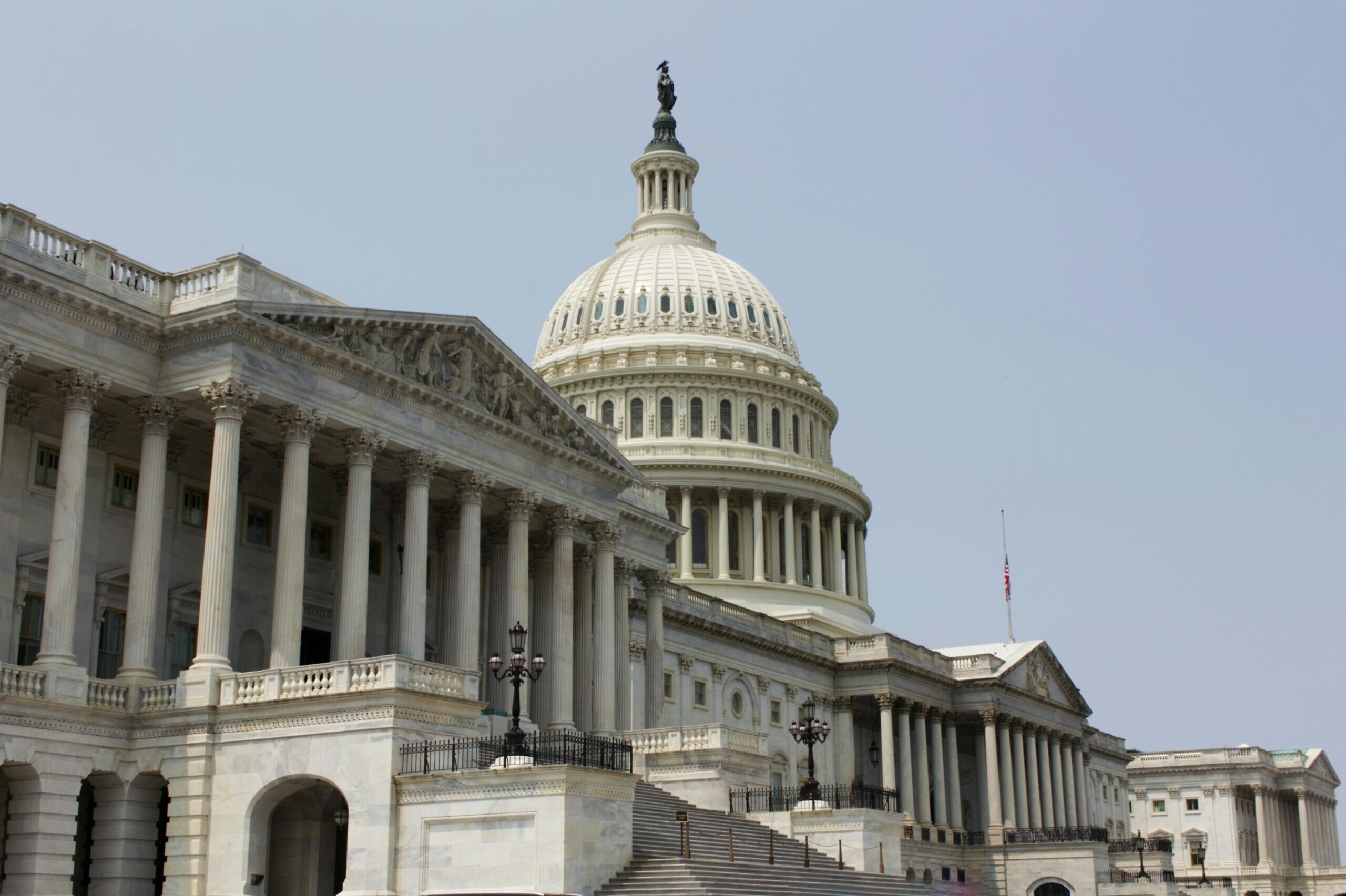Faith at Work: Why Black Professionals Are Breaking Workplace Spiritual Barriers
Religion
2025-04-10 12:53:41Content

A groundbreaking study reveals the complex challenges faced by Black Christians in professional environments, highlighting a profound sense of vulnerability when discussing their faith at work. The research uncovered a deeply rooted anxiety among Black professionals who fear that openly expressing their religious identity could expose them to dual discrimination—simultaneously targeting both their racial background and spiritual beliefs.
These findings shed light on the intricate intersectionality of race and religion in workplace dynamics, demonstrating how marginalized individuals navigate delicate social landscapes. Black Christians often find themselves carefully weighing the potential professional risks of sharing their spiritual experiences, balancing authenticity with the fear of potential career setbacks or social isolation.
The study underscores the ongoing struggle for inclusivity and respect in professional settings, revealing the emotional and psychological burden carried by those who must constantly negotiate their identity in predominantly white, secular work environments. By bringing these experiences to the forefront, researchers hope to spark meaningful conversations about workplace diversity, religious expression, and the systemic barriers that continue to challenge minority professionals.
Navigating Faith and Workplace Dynamics: The Unspoken Challenges of Black Christian Professionals
In the complex landscape of modern workplace interactions, Black Christian professionals face a unique and nuanced challenge that extends far beyond typical career navigation. The intersection of racial identity and religious expression creates a delicate tightrope walk of professional authenticity, where personal beliefs and workplace expectations collide in profound and often unspoken ways.Unveiling the Hidden Struggles of Identity and Professional Survival
The Dual Burden of Racial and Religious Perception
Professional environments often demand a careful calibration of personal identity, but for Black Christian workers, this challenge becomes exponentially more complex. The fear of potential discrimination isn't merely theoretical—it's a lived experience that permeates daily workplace interactions. Researchers have uncovered a deeply troubling psychological landscape where individuals must constantly negotiate the visibility of their racial and religious identities. The psychological toll of this constant negotiation is profound. Black Christian professionals find themselves trapped in a complex matrix of potential judgment, where expressing their faith could potentially trigger both racial and religious stereotyping. This isn't just about professional performance; it's about fundamental human dignity and the right to authentic self-expression.Psychological Mechanisms of Identity Suppression
The mechanisms of identity suppression are intricate and multifaceted. Many Black Christian professionals develop sophisticated coping strategies that involve strategic self-presentation, carefully modulating their religious expressions to minimize potential workplace friction. This isn't a choice made from weakness, but a survival strategy developed through generations of navigating systemic challenges. Psychological research suggests that this constant code-switching creates significant emotional and mental strain. The energy expended in maintaining these protective barriers can lead to increased stress, reduced job satisfaction, and potential long-term mental health implications. It represents a form of invisible labor that goes unrecognized in most professional environments.Institutional Dynamics and Cultural Competence
Workplace cultures play a critical role in either exacerbating or mitigating these challenges. Organizations that demonstrate genuine cultural competence and create inclusive environments can significantly reduce the psychological burden faced by Black Christian professionals. This requires more than superficial diversity training—it demands a fundamental reimagining of institutional culture. True inclusivity means creating spaces where individuals can bring their entire selves to work without fear of marginalization. It involves developing nuanced understanding of the intersectional experiences of employees, recognizing that identity is not monolithic but a complex, dynamic construct.Strategies of Resilience and Empowerment
Despite these challenges, Black Christian professionals have consistently demonstrated remarkable resilience. Many develop sophisticated networks of support, both within and outside their immediate workplace. These networks serve as crucial support systems, providing emotional validation and strategic guidance. Professional development becomes a form of resistance, with many individuals using education, skill enhancement, and strategic career planning as tools to navigate and ultimately transform workplace dynamics. The goal isn't just individual success, but systemic change that creates more equitable professional environments.The Broader Societal Implications
The experiences of Black Christian professionals offer a microcosm of broader societal challenges around identity, representation, and inclusion. Each individual story contributes to a larger narrative of resilience, challenging systemic barriers, and reimagining professional spaces as truly inclusive environments. By bringing these experiences into public discourse, we create opportunities for deeper understanding, institutional transformation, and meaningful social progress. The workplace becomes more than just a site of economic exchange—it becomes a potential arena for genuine human connection and mutual understanding.RELATED NEWS
Religion

Religious Freedom or Penalty: Schools Face Hefty $100K Fines for Student Protection Failures
2025-04-08 19:11:15







